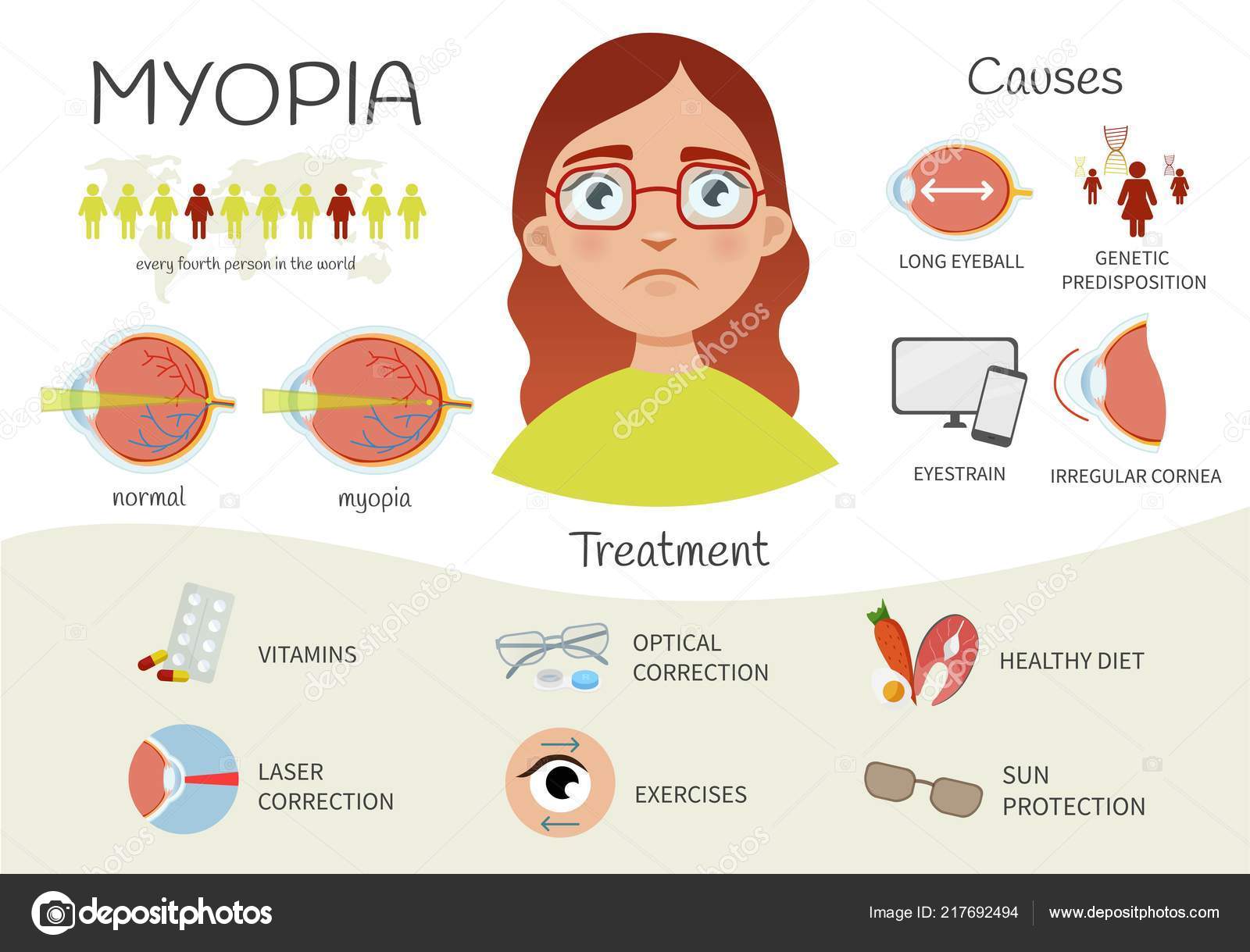Hesitating On SMILE Surgery? Explore Crucial Considerations And Insights To Assist You Make An Educated Decision About Your Visual Future
Hesitating On SMILE Surgery? Explore Crucial Considerations And Insights To Assist You Make An Educated Decision About Your Visual Future
Blog Article
Article By-Lundgreen Moss
If you're pondering SMILE eye surgical treatment, consider this: are you prepared to welcome potential visual liberty, or does the idea of any type of risks make you think twice? Your decision will certainly hinge on a mindful balance of weighing the benefits versus the unpredictabilities. It's important to dive deeper right into the nuances of SMILE surgical procedure to make an educated choice that straightens with your aesthetic objectives.
Understanding SMILE Eye Surgery
When thinking about SMILE Eye Surgical treatment, it is necessary to recognize the treatment and its advantages. SMILE, which means Tiny Incision Lenticule Extraction, is a minimally intrusive laser eye surgical treatment that deals with typical vision problems like nearsightedness (nearsightedness).
Throughout the treatment, your eye surgeon will use a femtosecond laser to create a little cut in your cornea. Through this incision, a small disc of cells called a lenticule is eliminated, improving the cornea and correcting your vision.
Among the essential advantages of SMILE Eye Surgical procedure is its fast healing time. Lots of individuals experience enhanced vision within a day or two after the procedure, with marginal discomfort.
Additionally, SMILE is recognized for its high success rate in offering long-lasting vision adjustment. Unlike LASIK, SMILE doesn't need the development of a flap in the cornea, reducing the risk of problems and enabling a much more stable corneal structure post-surgery.
Understanding the treatment and its advantages is crucial when taking into consideration SMILE Eye Surgical treatment for vision improvement.
Pros and Cons of SMILE
Considering SMILE Eye Surgical procedure for vision modification comes with different benefits and prospective disadvantages.
Among the primary pros of SMILE is its minimally invasive nature, as it entails a little cut and typically results in fast healing times. The treatment is likewise recognized for triggering very little pain and dry eye signs and symptoms post-surgery contrasted to other vision correction techniques. Additionally, SMILE has actually been shown to give excellent aesthetic end results, with lots of people accomplishing 20/20 vision or far better.
On https://www.ctvnews.ca/health/proposed-class-action-lawsuit-against-lasik-md-not-authorized-1.5378241 , a prospective disadvantage of SMILE is that it might not be suitable for people with extreme refractive mistakes, as the treatment range is somewhat restricted contrasted to LASIK. One more factor to consider is that the discovering contour for specialists executing SMILE can affect the schedule of knowledgeable companies in particular locations.
It's important to evaluate these advantages and disadvantages meticulously when deciding if SMILE is the appropriate option for your vision adjustment requirements.
Identifying Qualification for SMILE
To figure out if you're eligible for SMILE eye surgery, your ophthalmologist will certainly carry out a detailed evaluation of your eye health and vision demands. Throughout this assessment, variables such as the stability of your vision prescription, the thickness of your cornea, and the total health of your eyes will be analyzed.
Generally, prospects for SMILE are over 22 years of ages, have a stable vision prescription for at the very least a year, and have healthy and balanced corneas without conditions like keratoconus.
Your ophthalmologist will additionally consider your overall eye health, any existing eye problems, and your lifestyle needs to determine if SMILE is the appropriate choice for you. It's important to communicate any kind of details aesthetic requirements or worries you may have during this assessment to guarantee that the treatment lines up with your expectations.
If you aren't qualified for SMILE, your optometrist may recommend alternative vision adjustment alternatives that far better match your private needs and eye health standing.
Verdict
Inevitably, choosing whether SMILE eye surgical treatment is right for you requires careful factor to consider of your private eye wellness and visual needs. Talk to your eye doctor to establish your qualification for the procedure and consider the potential advantages and downsides. Keep in find out here to connect any kind of problems or concerns you may have throughout the analysis procedure to make an enlightened choice concerning your vision modification options.
